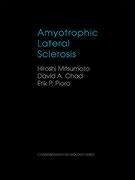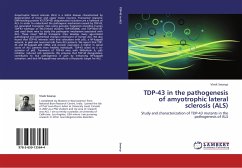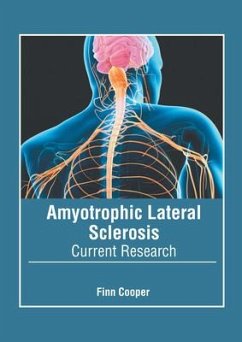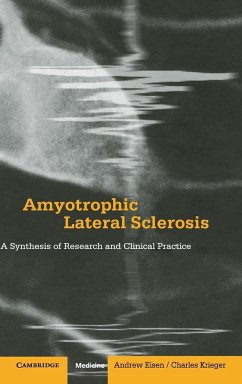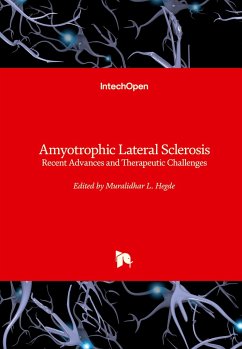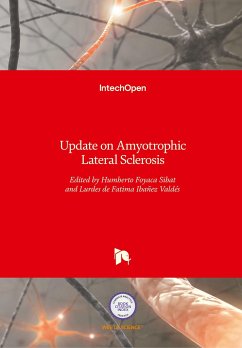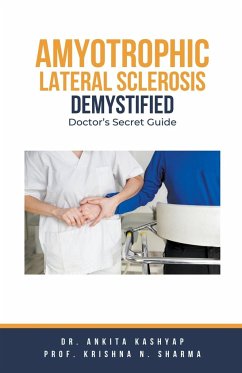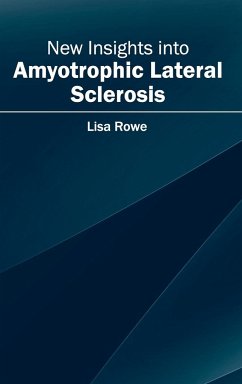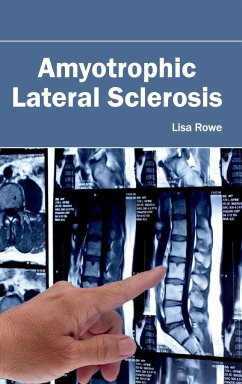
Amyotrophic Lateral Sclerosis and the Frontotemporal Dementias
Versandkostenfrei!
Versandfertig in 1-2 Wochen
257,99 €
inkl. MwSt.

PAYBACK Punkte
129 °P sammeln!
This book summarizes the advances in our understanding of amyotrophic lateral sclerosis (ALS) and frontotemporal dementia (FTD), as well as the potential relationship between the two.
Over the past ten years, there has been an increasing recognition that syndromes of frontotemporal dysfunction (FTD) are a common occurrence in patients with amyotrophic lateral sclerosis (ALS). Such syndromes may be present in as many as 60% of patients with ALS. Conversely, the occurrence of motor neuron dysfunction in patients with clinically pure frontotemporal dementia is increasingly recognized. This suggests that to some extent there are overlapping syndromes
in which both ALS and FTD occur within the same individual.
This volume summarizes the advances in our understanding of these two disorders, as well as the potential relationship between the two. Key topics include advances in our ability to clinically describe the frontotemporal syndromes, preclinical detection, neuroimaging, and genetics. The exploding field of new markers in neuropathology is examined, as is the role of new genetic mutations in DNA/RNA transport systems. This book is the essential reference text for this topic, and will be of
interest to neurologists and neurological trainees with a clinical or research interest in the FTDs or ALS, neuropsychologists, neuropathologists, and researchers.
in which both ALS and FTD occur within the same individual.
This volume summarizes the advances in our understanding of these two disorders, as well as the potential relationship between the two. Key topics include advances in our ability to clinically describe the frontotemporal syndromes, preclinical detection, neuroimaging, and genetics. The exploding field of new markers in neuropathology is examined, as is the role of new genetic mutations in DNA/RNA transport systems. This book is the essential reference text for this topic, and will be of
interest to neurologists and neurological trainees with a clinical or research interest in the FTDs or ALS, neuropsychologists, neuropathologists, and researchers.





